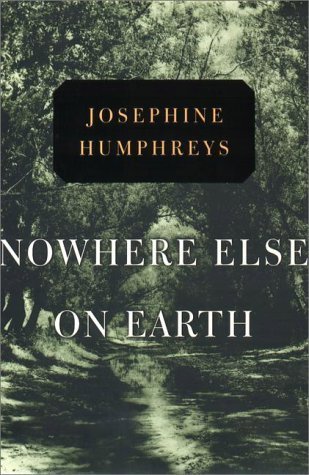Set in the swampy, piney backwoods of North Carolina at the close of the Civil War in 1864, Josephine Humphreys' passionate, beautifully written novel evokes a time of struggle and helplessness in a proud insular community whose members trace their ancestry back to the Indians. Derisively dubbed Scuffletown by its "mack" neighbours (Scottish farmers mostly), known as "the settlement" to its inhabitants, the area subsists on turpentine manufacture, which has come to a halt with the war.
The story is told by Rhoda Strong who recalls those days of upheaval, tragedy and love from the vantage point of her middle years. She was 16, daughter of a stalwart Scuffletown woman and an outsider, a Scot, weaned from drinking by his wife and subject to bouts of depression.
As the story opens, Rhoda's mother, Cee, keeps the family inside their one-room, windowless cabin in the heat of summer to protect them, especially Rhoda's two brothers, from the Home Guard. The Home Guard is made up of "mack" neighbours, determined to spare their own boys by conscripting Scuffletown youth for forced labour at the Confederate forts and salt works.
It's a lawless time in the backcountry and the sadistic head of the Home Guard rules with impunity. After two boys are killed escaping from the work gangs, Scuffletown's young men take to the woods, under the leadership of Henry Berry Lowrie, a charismatic, focused young man admired by the whole community, secretly loved by Rhoda. Cee is against the match, though she believes Henry "could turn out to be the best we've got. The best we've ever seen." But since when does a girl ever take her mother's advice on a husband?
Eventually Sherman's March brushes Scuffletown, incidentally disrupting the Home Guard's final murdering rampage. The rampage's aftermath makes Henry a permanent outlaw with a price on his head, leaving Rhoda waiting.
It was a different story to what I usually read and at the end of it I wondered if it was a true story or not, it was so compelling.

